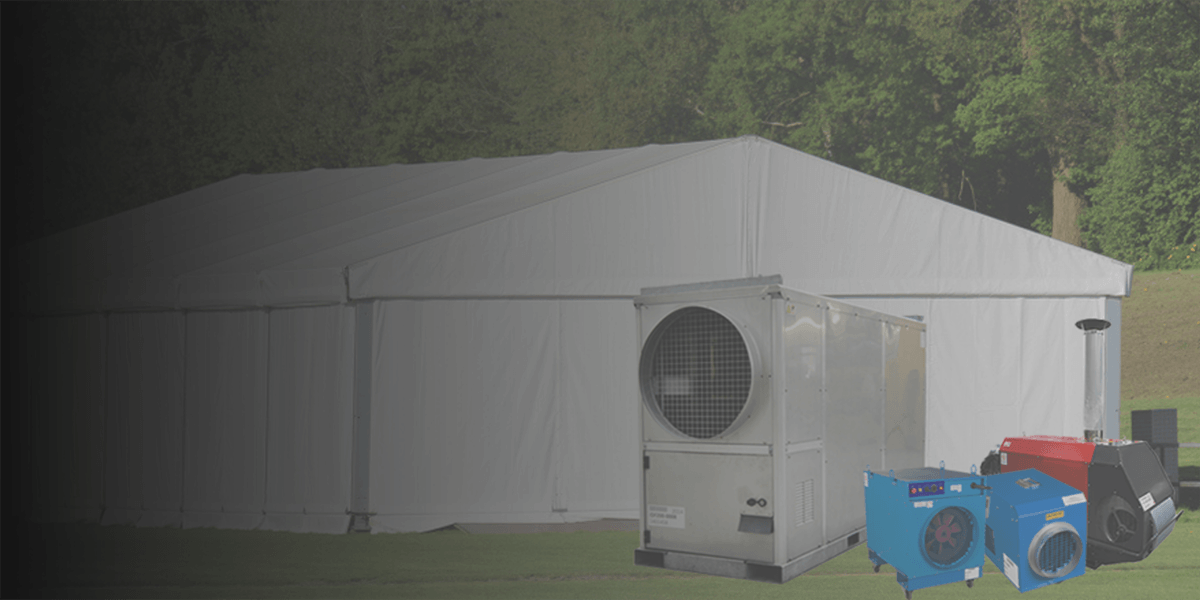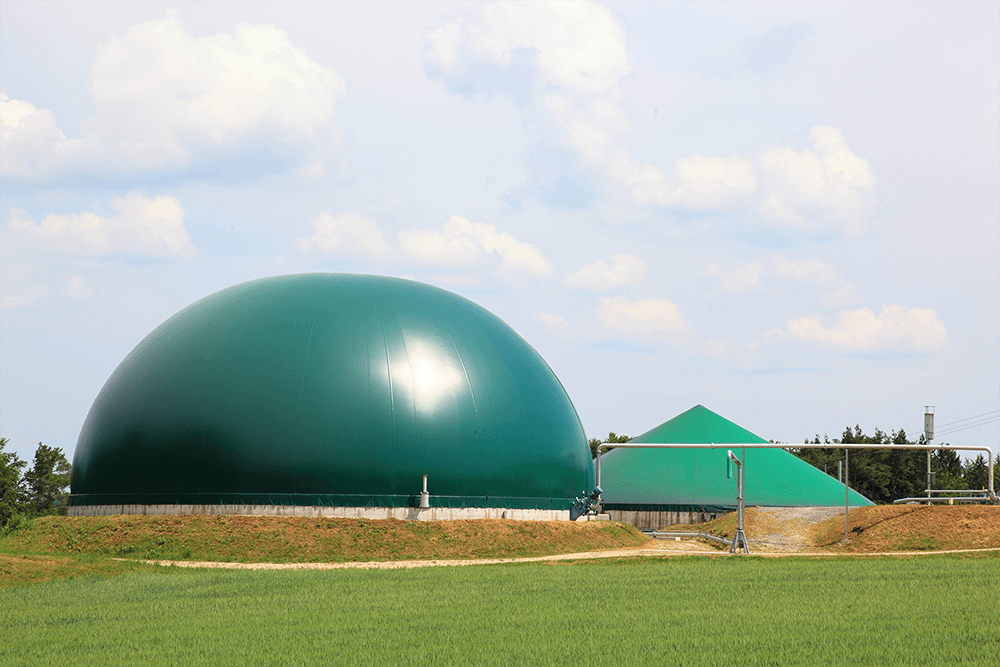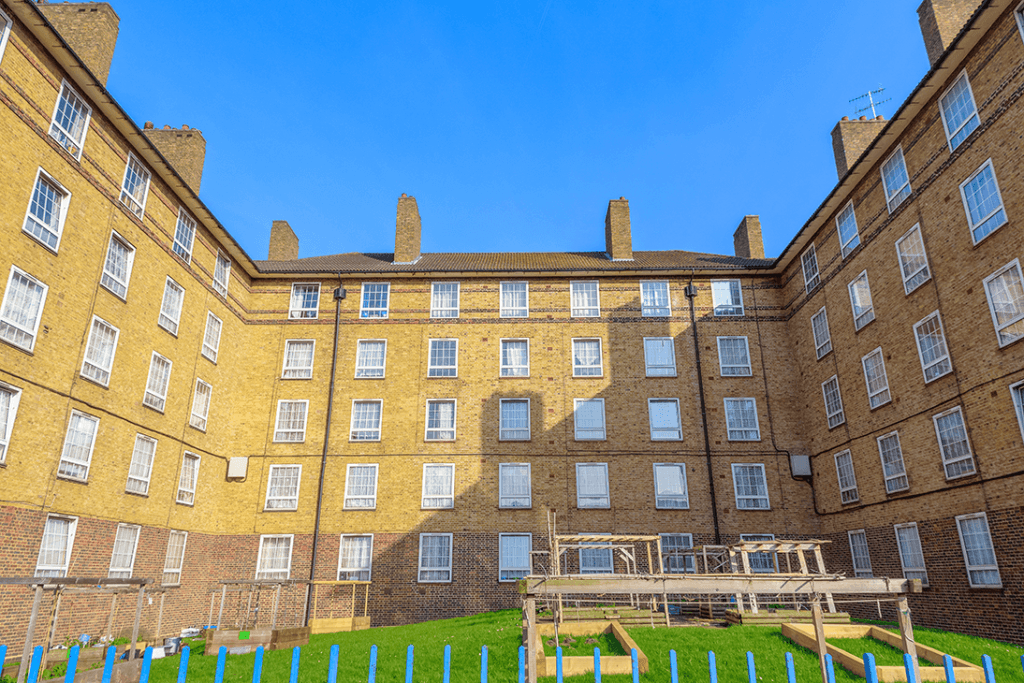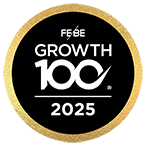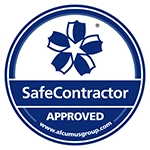If you have minimal experience with temperature control, it can be challenging to find the right equipment to hire for your application.
In this blog post, we aim to share our existing knowledge to guide you through the questions and tips you should consider for hiring temporary heating equipment.
We also look at the common building types that regularly hire portable heating equipment. From marquees and office spaces through to factories and construction sites.
Calculating your required heat load
One of the most important aspects of specifying the correct heating equipment is calculating the heat load which is measured in the British Thermal Unit (BTU).
1 BTU is equal to 1055 joules and is the amount of energy needed to heat 0.45kg (1lb) of water by -17°C (1°F).
Sounds incredibly complicated but in simple terms, we’re just trying to calculate the heat load in order to specify the kW capacity that’s required to heat the space. We have a heating calculator that does all the hard work for you, asking specific questions related to working out the heat load.
The questions that you need to answer in order to calculate the heat load:
What’s the size of the area that you are looking to heat (in meters cubed): width x length x height.
What type of building or structure is it? You need to compensate for certain building types e.g. an office, marquee or construction site.
With the exception of a temporary structure, such as a marquee, we also recommend taking into consideration the age of the building. This often provides an indication of the building’s ability to retain heat (basically how well the building is insulated). It’s worth noting that this is an indicative question, an older building doesn’t necessarily mean it is less effective at retaining heat.
Heaters for Marquees or Outdoor Events
For marquees, we recommend using Indirect Diesel Fired (IDF) Heaters and/or electric fan heaters. We have a range of IDF and electric fan heater capacities to choose from. Capacities and quantities required will be proposed based on the heat load required.
Generally speaking, IDF heaters are the preferred choice for event organisers. A Y Splitter can also be fitted to the ducting, allowing the heat to be evenly distributed. In turn, the ducting can also be positioned in different places inside the marquee and then fitted to air diffusers. This completes the installation to ensure the heat is dispersed evenly inside the marquee.
Do not be confused with direct oil fired and indirect oil fired heaters. Never use an IDF heater inside an enclosed space. An IDF heater will disperse dangerous fumes inside the marquee. An IDF heater must be positioned outside, ducting into the marquee to disperse the heat and dispelling the harmful fumes outside of the marquee via the flu.
Electric fan heaters are safe to use but you may require a power generator to compensate for the electrical load required. This is dependent on how many electric fans are needed. You are also limited to where the plug sockets are located within the marquee.
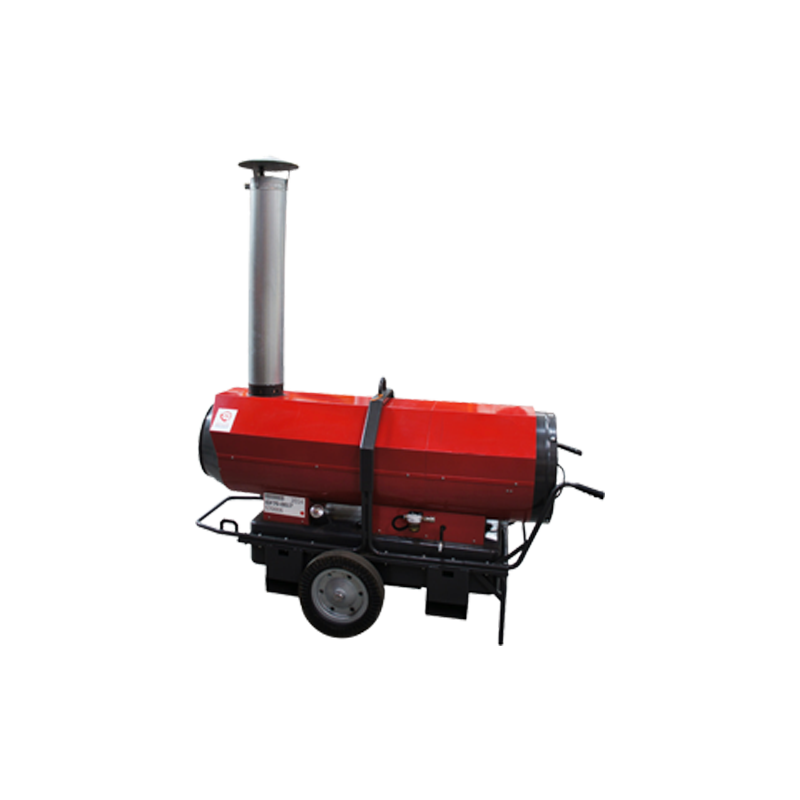
3,800(m3/hr) – View here
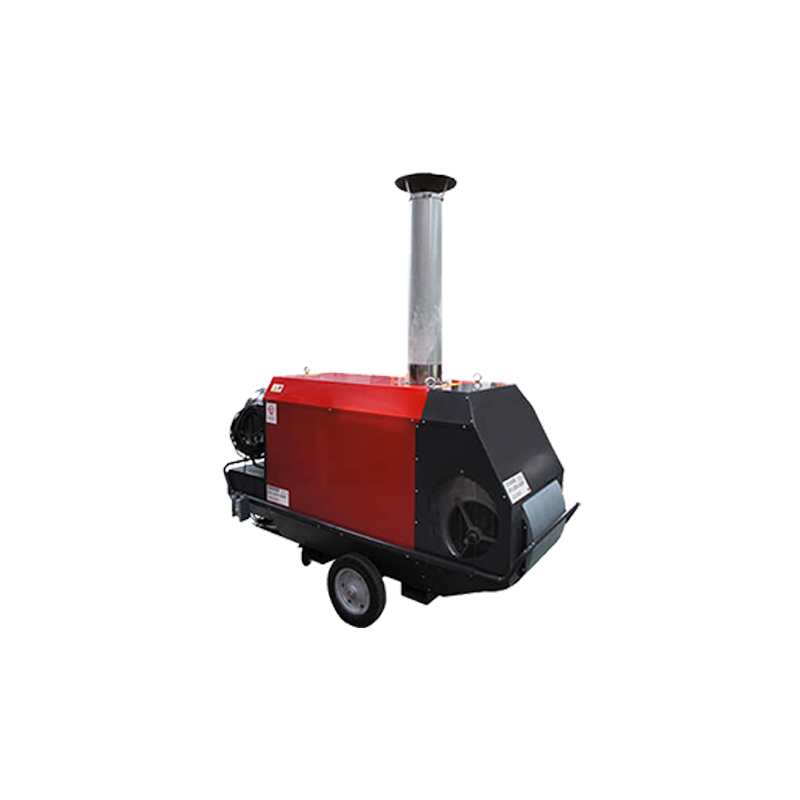
10,000(m3/hr) – View here
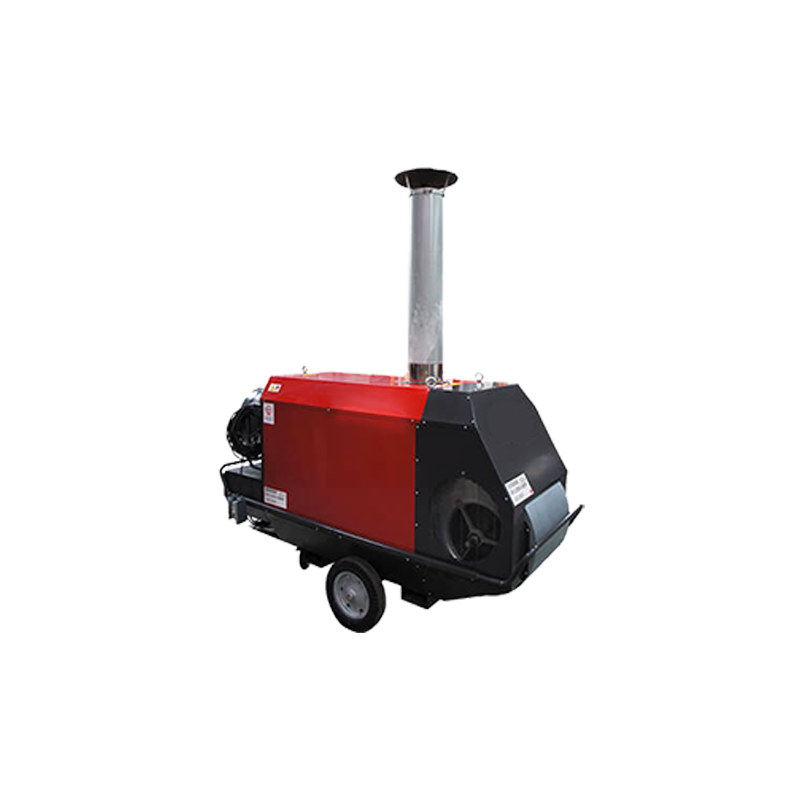
11,000(m3/hr) – View here
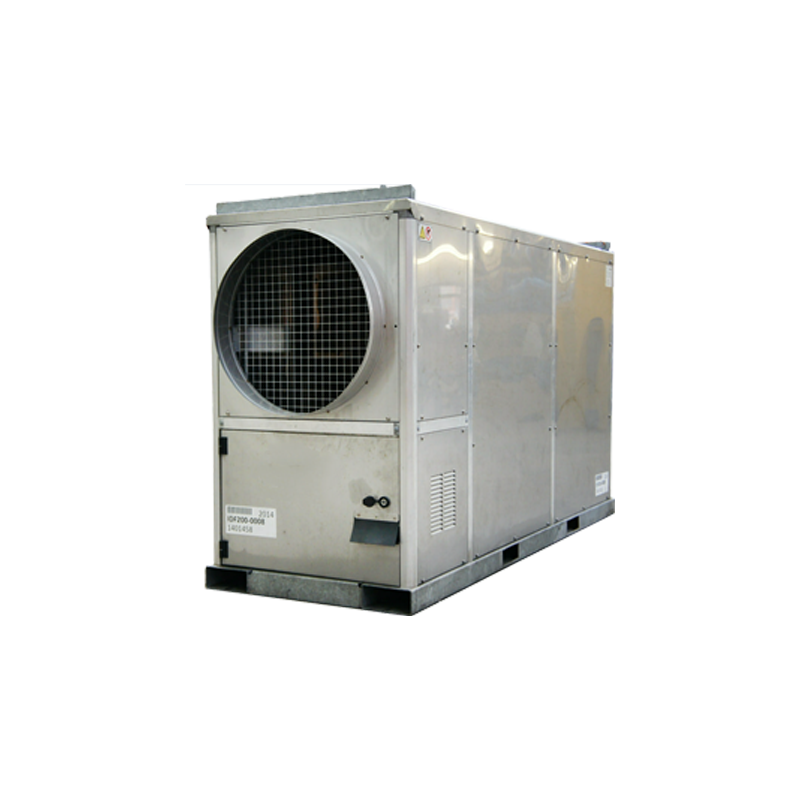
12,000(m3/hr) – View here
Heaters for the Construction industry
Portable heaters are regularly utilised within the construction industry to ensure projects stay on schedule. Robust in design and mainly developed for drying and heating, the range below is popular with the construction industry.
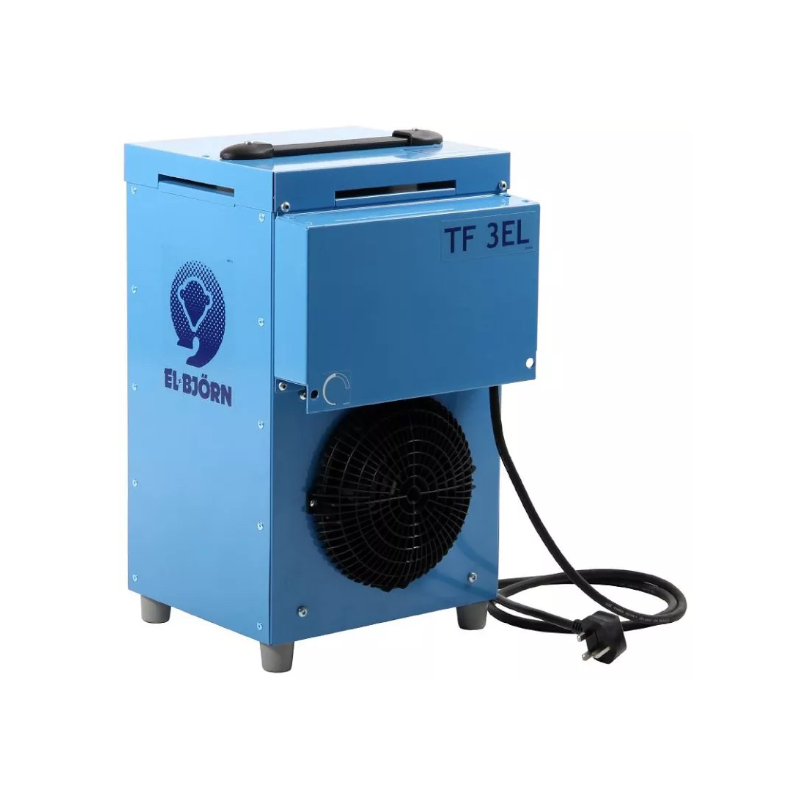
10236 btu/hr – View here
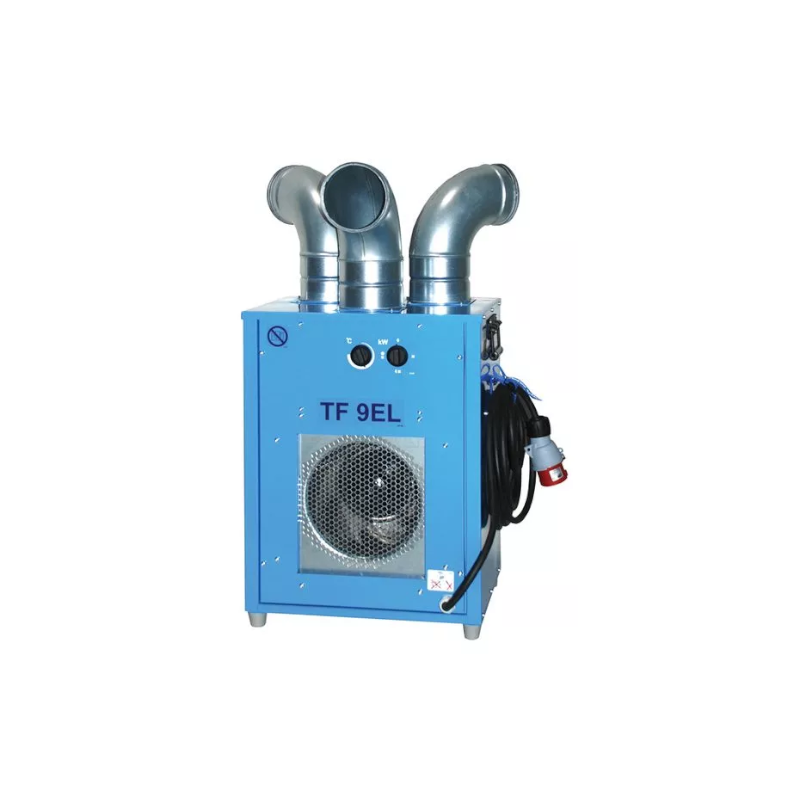
10236 btu/hr – View here
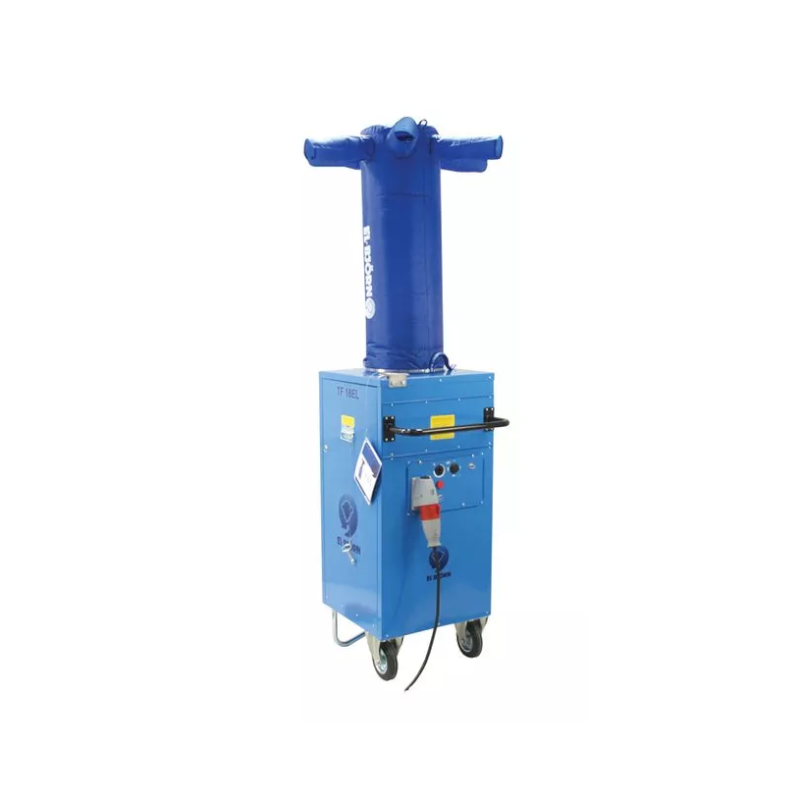
61418 btu/hr – View here
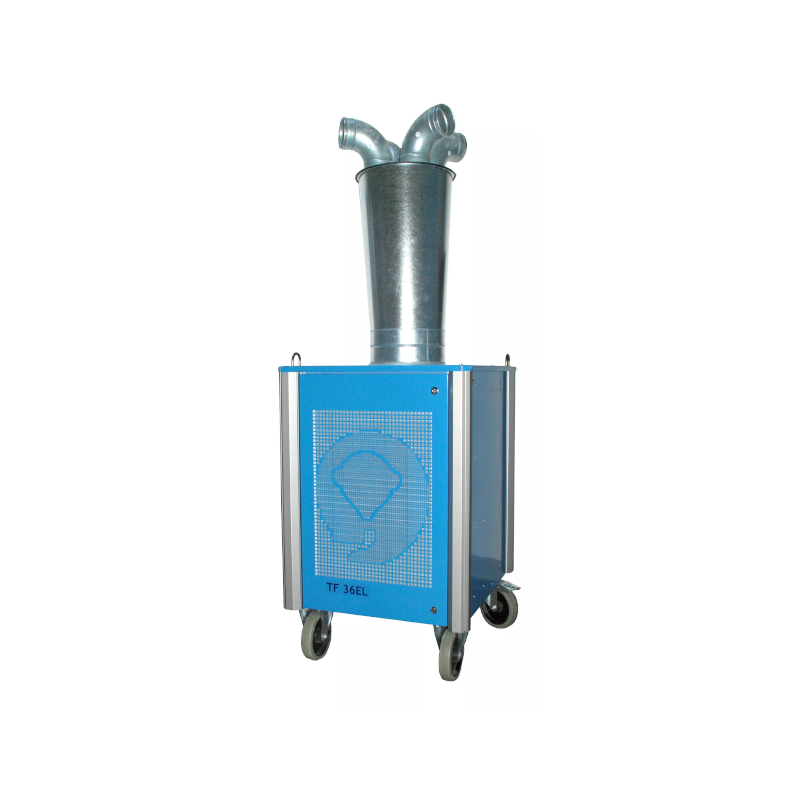
122837 btu/hr – View here
Heaters for Factories, Warehouses or Workshops
In general, factories, warehouses and workshops are much larger spaces. Meaning they require a larger capacity heater or heaters. IDF heaters such as the 150kW or 200kW are utilised frequently for these types of buildings and structures. If you need to heat a building type like this, you should consider the following:
- Is there a suitable location for the IDF heater and a bunded fuel tank to be landed and positioned?
- Check with the hire company if they provide the appropriate forklift for unloading the equipment on delivery and for collection, when off-hiring.
- Are you able to duct into the building?
Heaters for Offices
One of the biggest considerations when hiring heating equipment for an office environment is the noise levels. Larger electric fan units tend to have a higher noise level or dB(A). Multiple electrical fan heaters are often utilised for heating offices, simply due to their plug and play feature and the mobility. Whereas larger heaters can be difficult to move around and positioned correctly.
If you require a temporary heating solution for an event, building or structure, speak to an expert at Rapid Energy today on 0800 464 7025.
